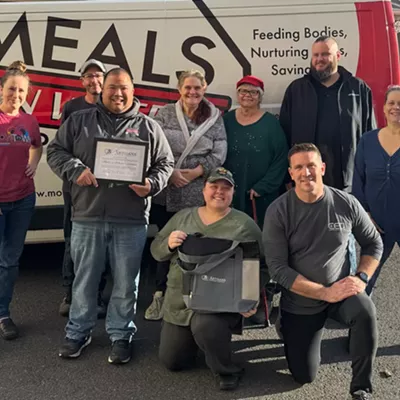LIFE COACHING
Food is vital for life. It is a source of pleasure, and it sparks community, as meals are shared with family and friends. Special foods are linked with holidays and events. But food is also associated with some of our greatest health challenges. So what do we need to know to enhance food's pleasures, while diminishing its dangers? Making good choices nutritionally is one obvious example. However, let me share two others that we may want to consider as we examine our relationships with food.

Did you know that food is the fastest-acting tranquilizer?! The moment we put food on the tongue, the amygdala — the "fear center" of the brain — shuts down. We may have exercised and chosen foods all day that would make a nutritionist weak with joy, but as night falls we may find ourselves tired, dwelling on some irritation at home or at work. The potato chips or chocolate we reach for will immediately calm our amygdalas. However, the instant we swallow it, our fatigue and irritation returns, requiring... more food. This is one reason that people who lose weight often put it back on. A crisis occurs, and rather than reaching out to other people for help, they turn to food for comfort.
Food can also impact sleep. A common pattern leading to insomnia is to eat little or no breakfast, a small lunch, and a full dinner. People who were tired all day may report that they have all this extra energy at bedtime, because the body has received the majority of its fuel supply a few hours after dinner, when digestion has turned food into blood sugar.
Our relationship to food mirrors our relationship to life. Turning to people rather than food for comfort, and choosing healthy foods to eat in small quantities throughout the day, can provide our bodies and minds with the steady supply of the nourishment we need for a pleasurable life.















